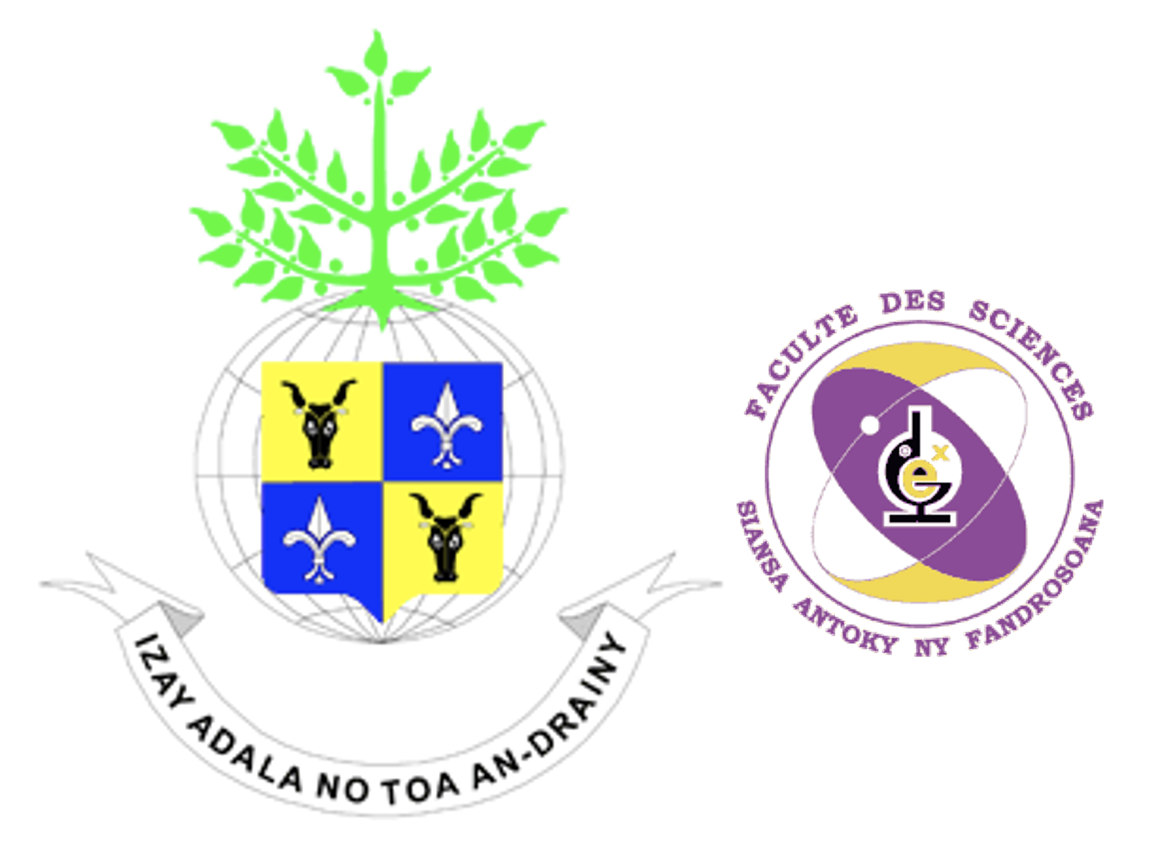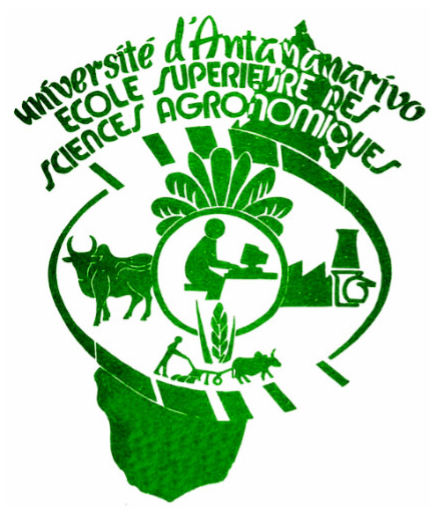Madagascar
Cluster Officers
 University Name: University of Antananarivo, Science & Technology domain Faculty of Science
University Name: University of Antananarivo, Science & Technology domain Faculty of Science- University Representative Name: Dr. HDR ANDRIANAINARIVELLO Mahandrimanana, Vice-Dean in charge of Partnership and External Relations
 Farm Name:
Farm Name: - Farm Representative Name:
Madagascar’s traditional agriculture is predominantly characterized by small-scale farming practices, with the majority of the population engaged in subsistence farming. The agriculture sector plays a significant role in the country’s economy, employing a large portion of the population and contributing to food security. Traditional crops include rice, cassava, maize, sweet potatoes, and various fruits and vegetables. Agriculture techniques often rely on manual labor and traditional farming methods passed down through generations.
In recent years, Madagascar has been making strides towards incorporating green technology into its agricultural practices to enhance sustainability and productivity. This transition is driven by the recognition of the need to mitigate the impacts of climate change, conserve natural resources, and improve food security.
Some key initiatives include
Agroforestry and Sustainable Land Management: Promoting agroforestry practices, such as planting trees alongside crops, to improve soil fertility, prevent erosion, and diversify income sources for farmers. Sustainable land management techniques are being implemented to conserve soil and water resources.
Adoption of Efficient Irrigation Systems: Introduction of modern irrigation systems, such as drip irrigation and sprinkler systems, to optimise water use efficiency and mitigate the impact of droughts on crop yields.
Use of Organic Farming Methods: Encouraging the adoption of organic farming methods, including composting, crop rotation, and natural pest control, to reduce reliance on chemical inputs and promote soil health.
Integration of Climate-Smart Agriculture Practices: Implementing climate-smart agriculture practices that are adapted to the local context, such as the use of drought-resistant crop varieties and weather forecasting tools to optimize planting schedules.
Introduction of Renewable Energy: Exploring the use of renewable energy sources, such as solar power, for irrigation pumps and other agricultural machinery to reduce reliance on fossil fuels and lower carbon emissions.
Promotion of Agri-Tech Solutions: Encouraging the adoption of agricultural technologies, such as mobile applications for crop monitoring, market information, and access to financial services, to improve productivity and market access for farmers.
Madagascar Cluster includes
Universities

University of Antananarivo, Science & Technology domain Faculty of Science
The University of Antananarivo is one of the most prestigious universities in Madagascar. It comprises 7 institutions:
- Faculty of Sciences
- Faculty of Economics, Management, and Sociology
- Faculty of Arts and Humanities
- Faculty of Medicine
- Higher School of Agronomic Sciences
- Antananarivo Higher Normal School
- Higher Normal School
The motto of the University, « Think globally, act nationally, » serves as the guiding principle enabling the 07 institutions to shine both nationally and worldwide. The Faculty of Sciences, with its 13 specialisations, offers interdisciplinary teachings that provide students with the knowledge and skills necessary to conduct fundamental and applied research in various fields.

Ecole Nationale Supérieure Agronomique (ENSA)
Opened in March 1963 under the name Ecole Nationale Supérieure Agronomique (ENSA), and after two transformations becoming the Ecole Supérieure des Sciences Agronomiques (ESSA), this institution is the sole public establishment for training Agricultural Engineers in Madagascar.
ESSA provides training for Agricultural Engineers, as well as other national and international decision-makers and professionals in the fields of agronomy and natural resource management.

FEDEM
FEDEM, which stands for the Federation of Leaders and Entrepreneurs of Madagascar, primarily operates in the agricultural sector, having been established in November 2021. By 2024, it already includes over 350 member farmers. Over 90% of the Malagasy population relies on agricultural production for their income.
Farms
Farm 1
Organic Fertilizer and Distribution of Mineral Fertilizers
Supporting this sector through the establishment of a production and Supply Chain for Fertilizers would be prudent for the general interest.Fertilizer needs are estimated at 500,000 tonnes per year. Our arable lands are around 32 million hectares, of which 2 million are currently cultivated, 60% of which is rice.FEDEM is committed to this project. It has set up a model farm in Anjozorobe, the REKANY Farm since 2023. It began experimenting this year with artisanal fertilizer production.
Farm 2
Potato Seeds
In 2024, FEDEM brings together 250 potato farmers in the Vakinankaratra region. The potato sector within FEDEM has a pyramidal structure.
EXPAM
EXPAM is the export branch of the GCR Group. Since 1992, it has specialized in the exploitation and processing of aromatic and medicinal plants (extracts of natural substances) from Madagascar. It is a producer and exporter of essential oils and vegetable oils, some of which are ECOCERT certified. The company operates on 1,600 hectares of forests located across various parts of the large island.
